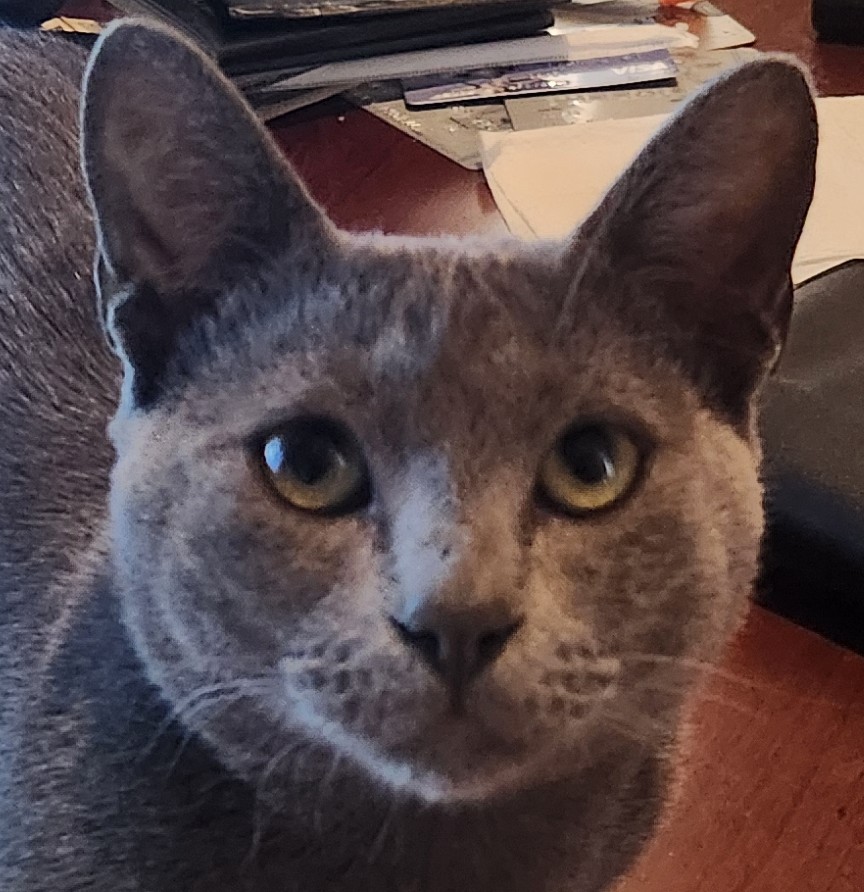Glossolalia
“Rhythm” doesn’t rhyme with anything and doesn’t contain a letter that’s always a vowel.
Schism?
Written. Ridden.
In my dialect, written doesn’t work quite as well, probably because that double ‘t’ turns into a glottal stop.
Found the londoner
General American speaker from Ohio, actually. Bottle, though, is boddle for me. Not sure why some words get it
https://en.wikipedia.org/wiki/List_of_English_words_without_rhymes#Masculine_rhymes
I wanted to double-check, but I don’t see any other words here that have that property, so it’s probably unique!
“People say the word orange doesn’t rhyme with anything”
The Etymology of Orange.
:-D
Orange ( Anglo-Saxon ? English language )
Oranj. ( Slavic? European? etc language )
Naranj. ( Hindi, Urdu, Arabic, Persian language )
Narang. ( Hindi , Sanskrit Indic language )
Narthangai. ( Tamil - South Indian language )
:-D
That’s not rhyme, that’s assonance.
Apparently, there’s an obsolete English word “smitham” that means (or meant) “small lumps of ore random people found.” They were exempt from taxation by English nobility so large mine owners started breaking up large chunks into “smitham” to avoid taxation. Apparently, the Duke of Devonshire put a stop to that in 1760 and the word fell out of use.
So, I think rhythm still counts as weird. Noah Webster was 2 years old in 1760 and the modern Merriam-Webster dictionary doesn’t have it.
Y is always a vowel! I don’t know why they tell children it isn’t.
A vowel is the core of a syllable. Y is not always that, as in “yes” - it works as a consonant in that word.
It’s part of a diphthong with E in that word, two or more vowels making a sound in combination.
It’s a consonant. Specifically it’s the voiced palatal approximant represented as ⟨j⟩ in IPA.
With them?
I can’t say for certain, but it’s probably one of these.
Moist
Kumquat
Flaccid.
pwn
When I run
grep -v "[aeiouy]" /usr/share/dict/words|lesson my system, it’s the only non-abbreviation word that comes up that doesn’t have a “a”, “e”, “i”, “o”, “u”, or “y” and is a real word – like, Mirriam-Webster lists it:https://www.merriam-webster.com/dictionary/pwn
slang
: to dominate and defeat (someone or something) : OWN sense 1b, ROUT entry 2 sense 1a
Online gamers use “pwn” to describe annihilating an opponent, or owning them. The word came from misspelling “own” by gamers typing quickly and striking the letter P instead of the neighboring letter O.
— Christopher RhoadsNo government, including Britain’s, should have the power to pwn the Internet, and destroy it in the process.
— Amie StepanovichWhy pwn the noobs from your couch when you could do it in front of an audience at New York’s first-ever Fortnite In The Heights Tournament?
—Eva KisThen, a bunch of federal attorneys general got pwned in the Ninth Circuit Court of Appeals regarding their prosecution of medical marijuana businesses, which is a pretty big deal.
—Vince SilwoskiThat’s in the dictionary now? I was there. 4000 years ago. When angry counterstrike players typed too fast and didn’t correct their typos.
What about cwm?
It’s Welsh, but in the English dictionary for some reason.
How is that pronounced?
Cwoom
Indubitably
My friend used to always say this to mean “definitely”. He was wrong, but it sounded sophisticated.
Dyslexia - it’s hard to spell even if you’re not dyslexic.
Omit omitted omitting omits – omission –
The * did my t go?
I feel like we will change a lot for digital reasons, especially in coming centuries.
lemmatization - in linguistics is the process of grouping together inflected forms of a word so they can be analyzed as a single item, identified by the word’s lemma, or dictionary form; (eg. walk [lemma], walks, walked, walking)
Things like inflected forms and parts of speech that can not be coded easily really have no use in the future. Things like how a sentence can be “I am here.” but when I must change more than one word to say “He is here.” The am/is change is nonsense of no use. It is like a deep inner conflict with no solution; a prejudice or bias.
I wonder if -tion becoming prounounced like ‘shun’ has anything to do with how it ended up that way.
Conjugation, inflection, and declension can give more flexibility to word order or otherwise remove words. Whether or not that’s /useful/ is more subjective.
Isthmus. I don’t claim to know if it’s the weirdest, but it’s gotta be one of the most difficult to pronounce!
- Funny weird: gobbledygook
- Longest weird: antidisestablishmentarianism
- Shortest weird: A
- Literally weird: weird
- Dangerously weird: Conservative
- Unexpectedly weird: vanilla
- Properly weird: FNORD
Kerfluffle
Kovfefe?
Brouhaha is its twin brother!
Only has one “l”
“Cwm”
One of a few words that use W as a consonant. (This is how the word “Pwn” works too)
Cwtch is weirder I believe, because it not only comes from Welsh with its W as a vowel, but it comes from a Welsh word that has to use English spelling rules to be written both in Welsh (“cwtsh”) and in its English borrowing; not to mention that it itself came from Middle English “couche” which of course came from Norman. It’s a cute word though!
I want to argue about that being technically Welsh, but I was coming in here to say foie gras and that’s French as fuck so fair enough I guess.
Literally my first comment on Lemmy!
A Welshman about to traverse a steep-sided hollow at the head of a valley: “Oh baby I’m gonna cwm!”
All I heard was “head” ( ͡° ͜ʖ ͡°)
Albeit, caveat, awry, segue, haphazard, and facsimile are all pronounced weirdly and incorrectly for those who learned a lot of English by reading.









